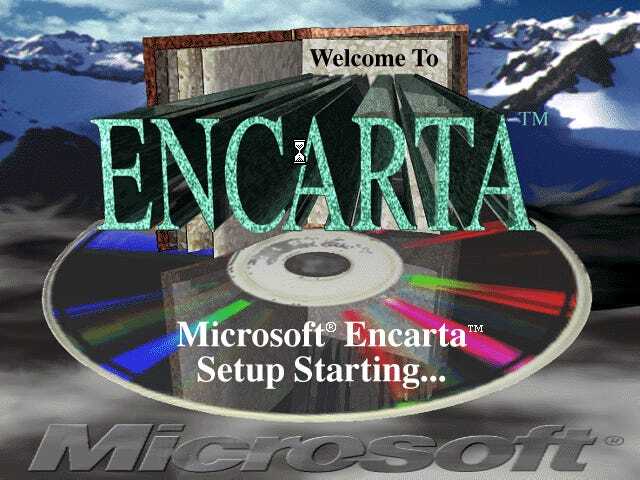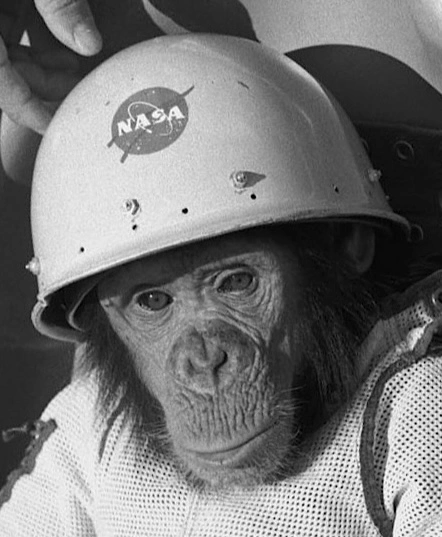- cross-posted to:
- [email protected]
- cross-posted to:
- [email protected]
In 1985, shortly after the release of Windows 1.0, Bill Gates set Min Lee on a mission to find a partner for a digital encyclopedia product that would serve as a reference companion to Microsoft’s productivity applications. Lee then approached Britannica, the undisputed leader in the encyclopedia market, who’d recently released a new version of the fifteenth edition of their encyclopedia. Microsoft proposed a partnership to produce a multimedia CD-ROM version of the Encyclopædia Britannica. In exchange for non-exclusive rights to Britannica’s text, Microsoft would pay Britannica a royalty on each copy of the CD-ROM product sold. Britannica immediately declined Lee’s proposal.
Unfortunately, Wikipedia continued to grow, and Encarta sales declined.
Not seeing the unfortunate angle to this…
I can see the writer’s point with regard to Encarta being a much more interactive experience that you don’t get with the likes of Wikipedia, but you’re right, it’s not that unfortunate that knowledge is being shared by Wikipedia for free
Now I remember . I can’t believe that I once asked for Microsoft Encarta for a birthday
I leaned more from Encarta and Age of Empires than i did from anything else
Wololo!
Why am I feeling blue all of a sudden
I’ve got a dorkier story: I asked for speech dictation software.
Jfc I had forgotten those were the shit back then, with those dorky long microphones, plugged to a PC. Thank you for remind me how old I am.
Probably Dragon Dictate?
Ahh yes I remember it.
I remember when that was recommended to be used with a 2nd drive as the install root ('cos the primary IDE didn’t have the headroom for all the I/O - man, we’ve come a long way!)
Encarta was amazing as a child. Came with videos & stuff on the entries. I learned so much.
Why the abrupt ending? Where’s the rest 😭 did Britannica launch their own competing product? How did they react to Encarta’s success? Where are both products today?
Sorry, I put the link wrong.
Yayy fixed, thank you 😁
Thanks, that was a great read!
Having spent so much of my youth using the familiar cream and dark brown 1970’s World Book Encyclopaedias, with the ever growing collection of Year Books, this was amazing. I was blown away watching videos of things like the JFK moon speech. This for many like me I imagine meant the end of flipping through physical encyclopaedias.
The clip Encarta included from this song will forever be burned into my brain.
Here is an alternative Piped link(s):
https://piped.video/vpA-uiUNHSg
Piped is a privacy-respecting open-source alternative frontend to YouTube.
I’m open-source; check me out at GitHub.
Those graphics. 🫨
Peak performance for their time.








